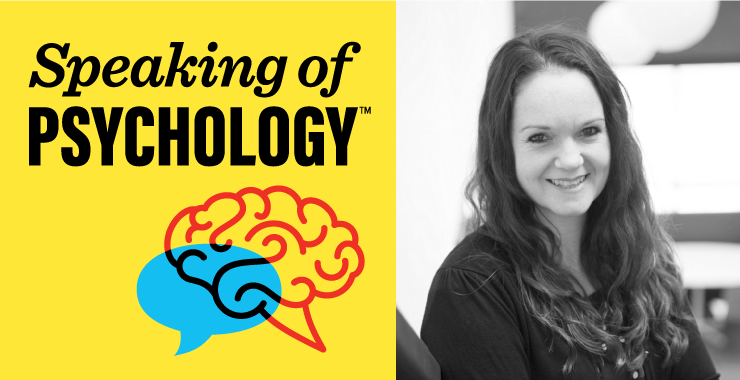Mills: Let's talk a little bit about the psychological factors that motivate people to believe in conspiracy theories. I know you've laid out in your research three areas that you call epistemic, existential and social motives. Can you explain what they are, what those terms mean?
Douglas: Yes, of course. We argue that people are drawn to conspiracy theories in order to satisfy or in an attempt to satisfy three important psychological motives. The first of these motives are epistemic motives. I guess in a nutshell, epistemic motives really just refer to the need for knowledge and certainty and I guess the motive or desire to have information. And when something major happens, when a big event happens, people naturally want to know why that happened. They want an explanation and they want to know the truth. But they also want to feel certain of that truth.
And some psychological evidence suggests that people are drawn to conspiracy theories when they do feel uncertain either in specific situations or more generally. And there are other epistemic reasons why people believe in conspiracy theories as well in relation to this sort of need for knowledge and certainty. So people with lower levels of education tend to be drawn to conspiracy theories. And we don't argue that's because people are not intelligent. It's simply that they haven't been allowed to have, or haven't been given access to the tools to allow them to differentiate between good sources and bad sources or credible sources and non-credible sources. So they're looking for that knowledge and certainty, but not necessarily looking in the right places.
The second set of motives, we would call existential motives. And really they just refer to people's needs to be or to feel safe and secure in the world that they live in. And also to feel that they have some kind of power or autonomy over the things that happen to them as well. So again, when something happens, people don't like to feel powerless. They don't like to feel out of control. And so reaching to conspiracy theories might, I guess, at least allow people to feel that they have information that at least explains why they don't have any control over this situation. Research has shown that people who do feel powerless and disillusioned do tend to gravitate more towards conspiracy theories.
The final set of motives we would call social motives and those refer to people's desire to feel good about themselves as individuals and also feel good about themselves in terms of the groups that they belong to. And I guess at the individual level, people like to feel... Well, they like to have high self-esteem. They like to feel good about themselves. And potentially one way of doing that is to feel that you have access to information that other people don't necessarily have.
And this is quite a common rhetorical tool that people use when they talk about conspiracy theories, that everybody else is some kind of sheep, but that they know the truth. They have the truth. And having that kind of belief, I guess, feeling that you're in possession of information that other people don't have, can give you a feeling of superiority over others. And we have found, and others have shown as well that a need for uniqueness and a need to have, I guess, stand out from others is associated with belief in conspiracy theories.
And this happens at the level of the group as well. So people who have an overinflated sense of the importance of the groups that they belong to, but at the same time, the feeling that those groups are underappreciated, those kinds of feelings as well, draw people towards conspiracy theories, especially conspiracy theories about their groups. So in having those sorts of beliefs, you can maintain the idea that your group is good and moral and upstanding, whereas others are the evil doers out there who are trying to ruin it for everybody else.
Those three main motives... Those three psychological motives, the epistemic, existential and social, it's possible to summarize, I guess, the psychological literature on conspiracy theories into those three motivations. So yeah, that's what we argue.
Mills: What role, if any, does narcissism play in belief in conspiracy theories? People who tend to be more narcissistic also believe in these theories as a means of getting the social capital?
Douglas: Yes, absolutely. That is true. And that's kind of what I was referring to. It's linked to the idea of need for uniqueness, as well. That's another, I guess, narcissistic notion that you have. You're in possession of information that other people don't have. You're different to other people and it makes you stand apart. But yes, narcissism at an individual level has been associated in quite a few studies now with belief in conspiracy theories.
And also this narcissism at the group level as well, so an over inflated sense of the importance of your own group. That kind of insecure feeling about your own group is also associated with belief in conspiracy theories. So yes, narcissism is one of those individual differences, variables that correlate with belief in conspiracy theories.
Karen Douglas, PhD, discusses psychological research on how conspiracy theories start, why they persist, who is most likely to believe them and whether there is any way to combat them effectively.

www.apa.org

 www.apa.org
www.apa.org
